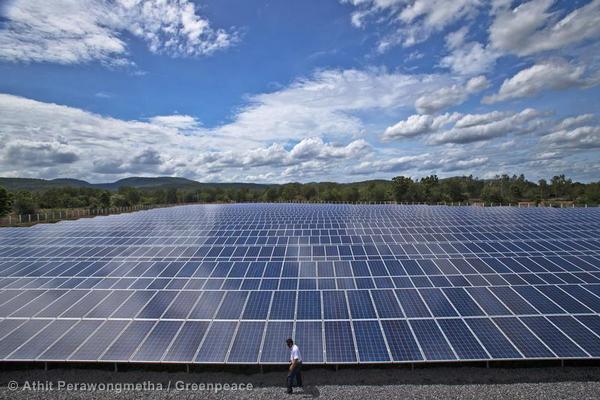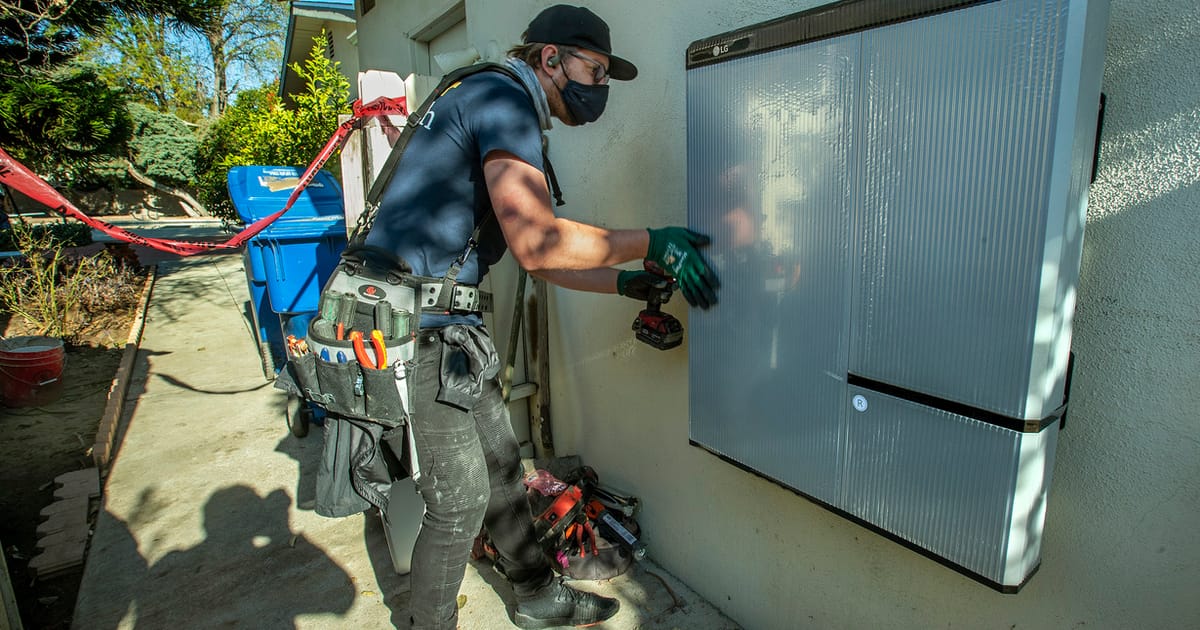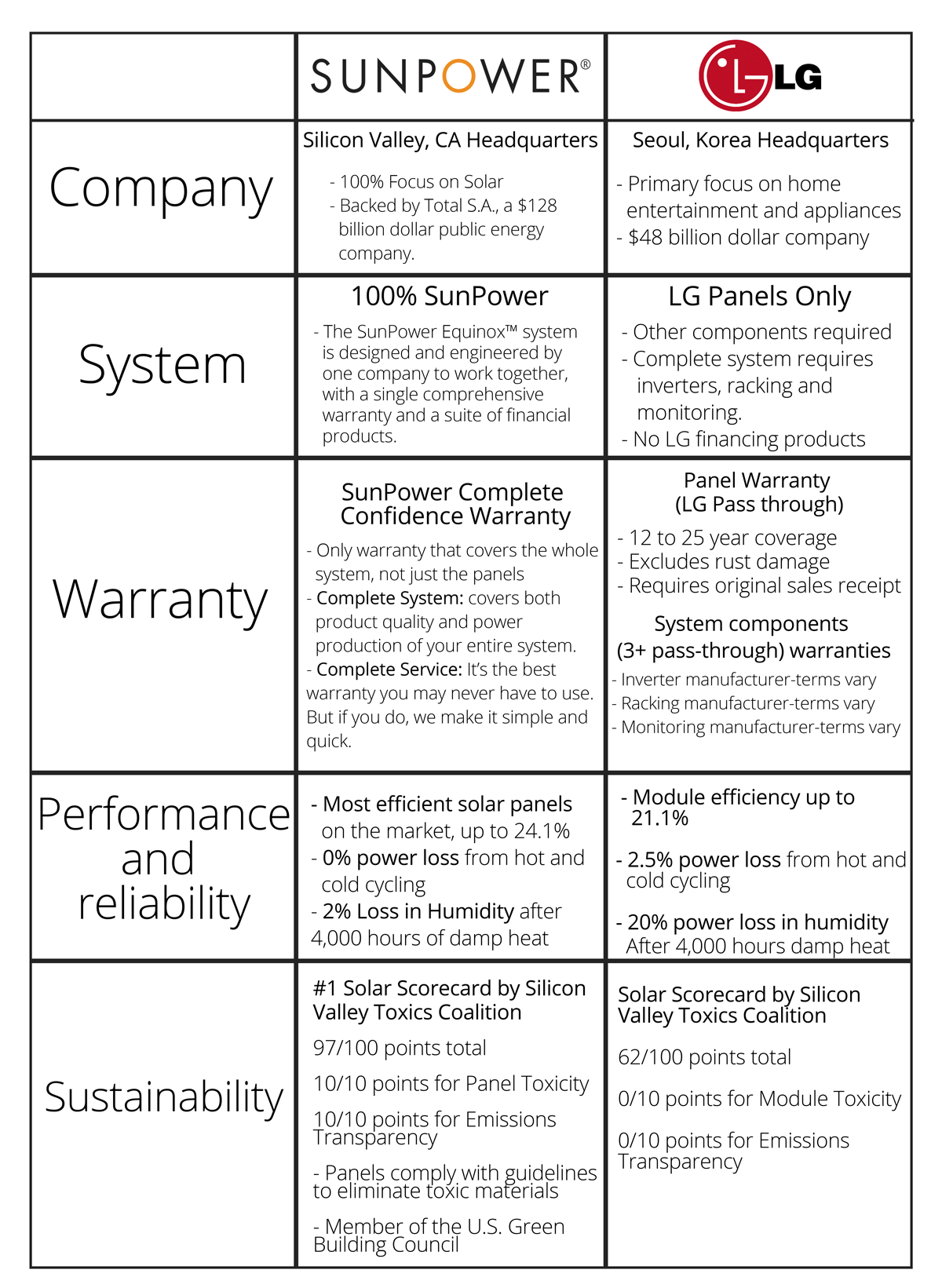
If you want to install solar panels on your home, you can lease them. However, you should be aware of the costs involved, as well as the drawbacks. By reading this article, you'll be able to decide if leasing is right for you. This option is convenient for many people.
Leases at a cost
If you're considering solar panel leasing, there are a number of factors you need to consider. In many cases, the monthly payments are cheaper than buying them outright. Leasing solar panels has its downsides. You won't be eligible for any rebates or incentives from the federal government or local governments. Leasing companies make money on your monthly payments and take any incentives from the sun.
You will see a decrease in the value of your home. If you decide to sell, you will need to pay less for solar panel installation. The cost of solar panel installation will decrease the value your home and it may be more difficult to let it go if the buyer does not want it. Solar leases can also be a concern for buyers and could reduce the price.

Benefits of leasing
For those who don’t have the funds to buy the solar panels, leasing them can be a good option. This type of arrangement offers no upfront costs, and it also requires no maintenance, unlike purchasing. Lease companies often offer special deals to first-time customers. You can also enjoy the benefit of not worrying about the installation process, as the solar company will take care of it. Leased panels may allow you to lose some control on the layout and aesthetics.
One of the biggest benefits of leasing solar panel is the ability to reduce your monthly energy bill over a time period. You could save anywhere between 15 and 40% on your monthly utility bills depending on the size of your system. Leasing solar panels allows you to make a profit on the SREC market.
Leasing has its drawbacks
There are many options available to you if you are considering leasing solar panels for your home. Solar leasing has its downsides. For one thing, leasing solar panels is a long-term commitment, so you may not be able to sell the panels when you sell your house. Also, solar leases can prevent you from being able to refinance your home.
Another disadvantage to solar leasing, is that you are not eligible for tax incentives. The solar company will own the panels so you can't claim the 26% federal tax credit. Also, you will have to pay utility rates that are a lot higher than those of a traditional loan. A tax professional can help you determine whether you may be eligible for a higher credit if your plan is to lease solar panels.

If leasing is the right option for you
It is possible to be harmed by leasing solar panels from a lease company if you are considering installing them in your home. Since the solar lease company wants to make a profit, they may try to tie your hands in a long-term agreement in order for them to make as much as possible. If you decide to sell your home, you may need to pay the remaining lease payment or find a buyer willing and able to take over the lease. To attract buyers, your home will need to be priced lower. Additionally, leasing solar panels can affect your credit score. You will be less likely to be approved for a home loan in future.
You don't have pay up front for solar panels when you lease them. In addition, the leasing agency will take care of federal tax and maintenance costs. This is particularly beneficial for those who don't meet the requirements for federal tax incentives and have poor credit ratings. Financing solar panels is an option if you are able to get a loan. It will not only save you money, but also increase your home's value.